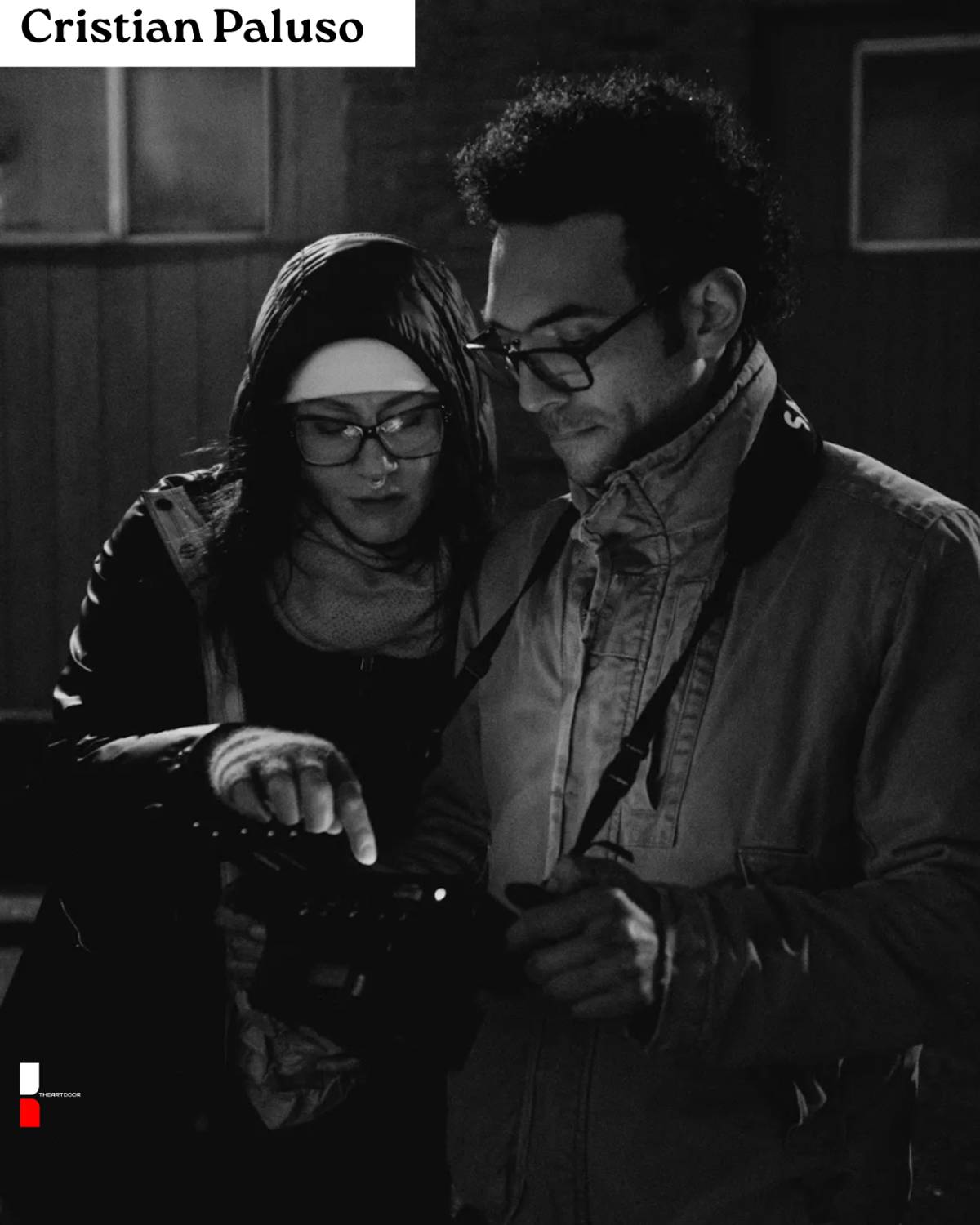Rediscovering Nicholas Ray: The Forgotten Hollywood Visionary Behind Cinema’s Most Enduring Films
By Tanvi Ibrahim Patankar | Editor in chief: Adrienne Carter
Share
Photo: Jonathan Rosenbaum
In the vast pantheon of Hollywood auteurs, some names are celebrated while others remain curiously overlooked despite their monumental impact on cinema. Nicholas Ray, the maverick director behind classics such as Rebel Without a Cause (1955), is one such figure whose legacy is ripe for rediscovery.
Often overshadowed by contemporaries like Alfred Hitchcock and John Ford, Ray’s contribution to American film is profound yet underappreciated. His movies, marked by their emotional intensity, rebellious spirit, and innovative visual style, helped define post-war American youth culture and challenged the era’s social norms.
Born in 1911, Ray carved a unique niche in Hollywood by focusing on flawed, vulnerable characters wrestling with identity and societal expectations. His signature blend of lyrical imagery and raw storytelling created cinematic moments that still resonate deeply with modern audiences. Rebel Without a Cause, starring James Dean in his iconic role, epitomizes this, capturing teenage angst and alienation with unprecedented empathy.
Beyond this seminal work, Ray’s filmography includes the haunting noir In a Lonely Place (1950), which redefined the detective genre, and Bigger Than Life (1956), a prescient critique of suburban malaise and the dangers of conformity. Yet, despite critical acclaim, his career was often marked by clashes with studios and personal struggles, factors that contributed to his gradual fade from mainstream recognition.

Photo : Bronzescreendream
Recent retrospectives and restored editions of his films have sparked renewed interest in Nicholas Ray’s artistry. Film scholars emphasize how his visual storytelling characterized by dynamic camera movements, expressive use of color, and innovative framing paved the way for the New Hollywood wave of the 1960s and 70s.
Cultural commentators also point to Ray’s empathetic portrayal of marginalized voices, including youth, women, and outsiders, which remains relevant today. His willingness to explore complex, sometimes taboo themes set him apart during a time of rigid censorship and conservative filmmaking.
Today, cinephiles and new generations of filmmakers are reclaiming Nicholas Ray’s place in Hollywood history. With streaming platforms making his work more accessible and film festivals honoring his legacy, Ray’s forgotten films are finally getting the spotlight they deserve.
As the film world embraces diversity and bold storytelling, Nicholas Ray’s vision reminds us why revisiting the past can illuminate the future of cinema.

Photo : Tim Molloy
Did you know?
- Ray was nominated for an Academy Award for Johnny Guitar (1954), a western that subverted genre conventions.
- Martin Scorsese has called Ray “one of the great American directors” and cited him as an influence on his own work.
For those interested in exploring Ray’s filmography, several restored editions are available on major streaming services, alongside documentaries that delve into his fascinating life and career.


